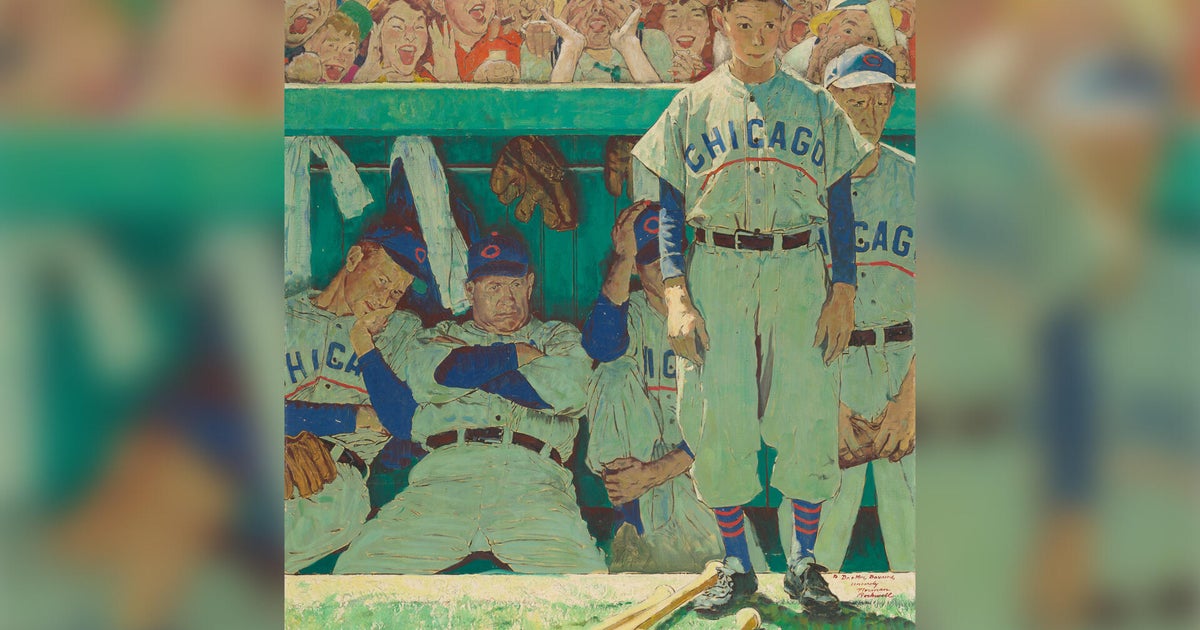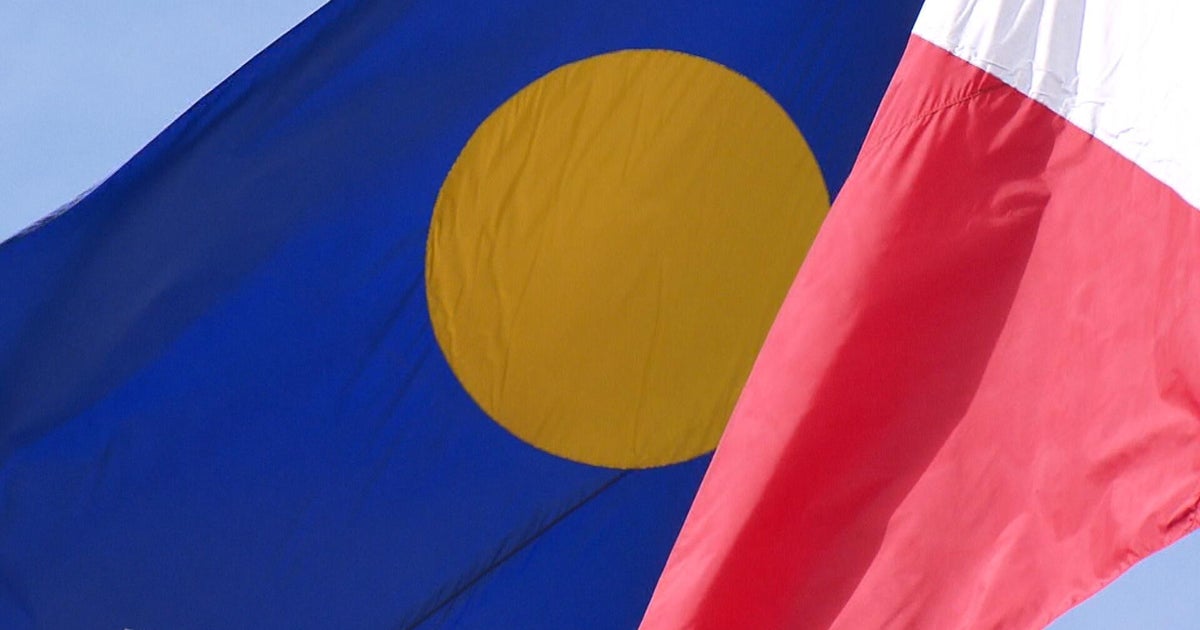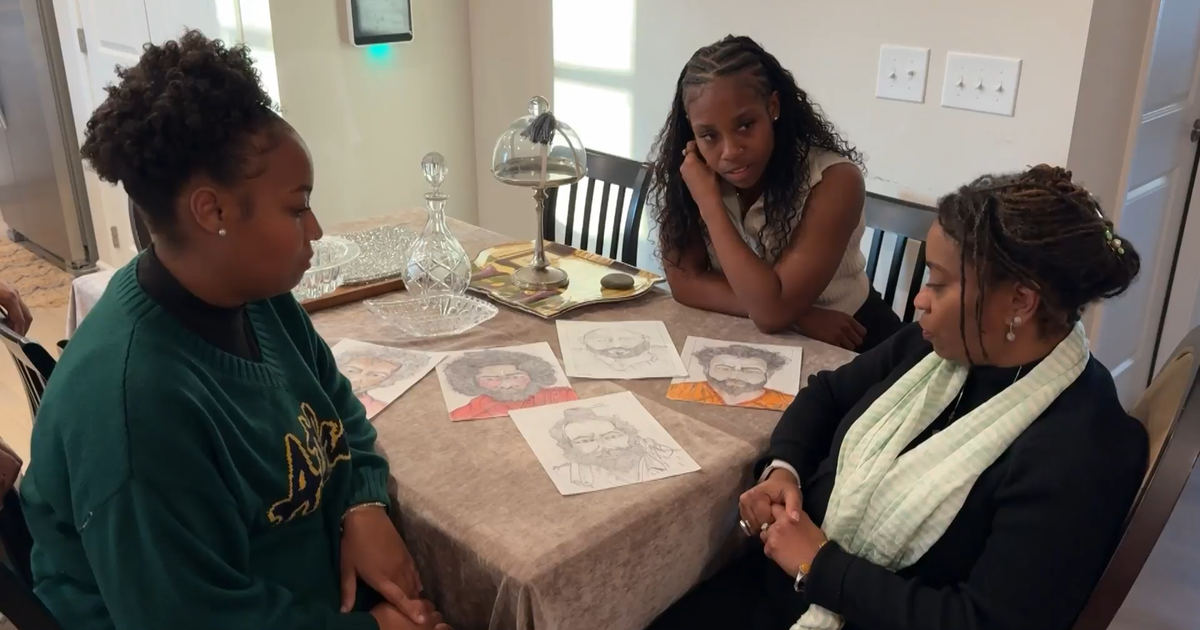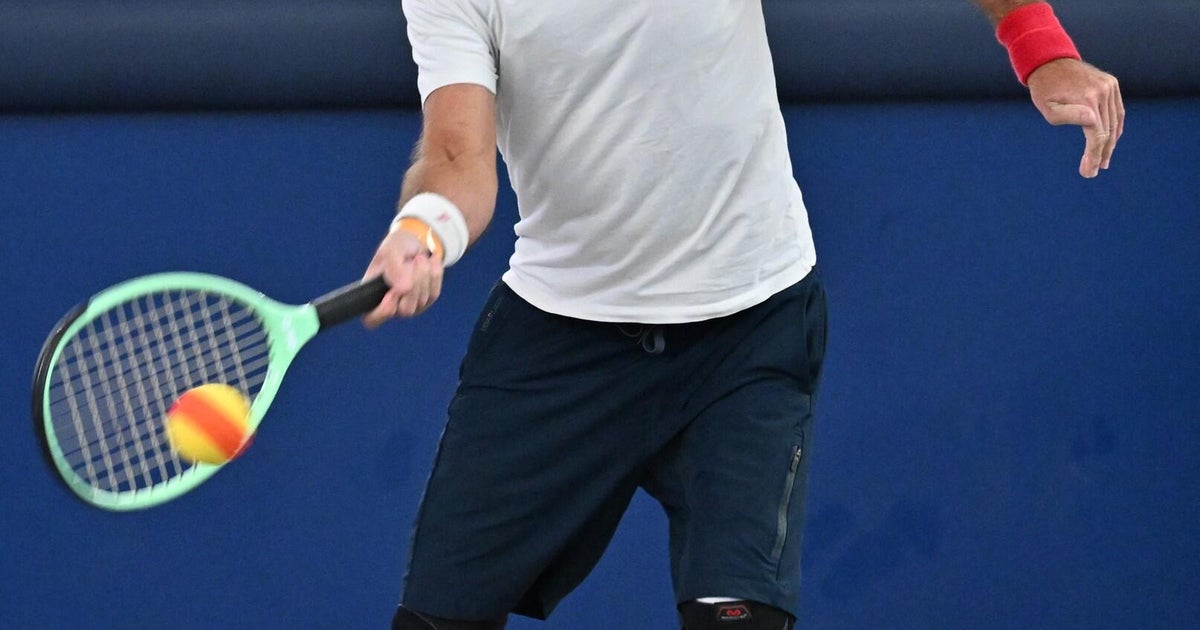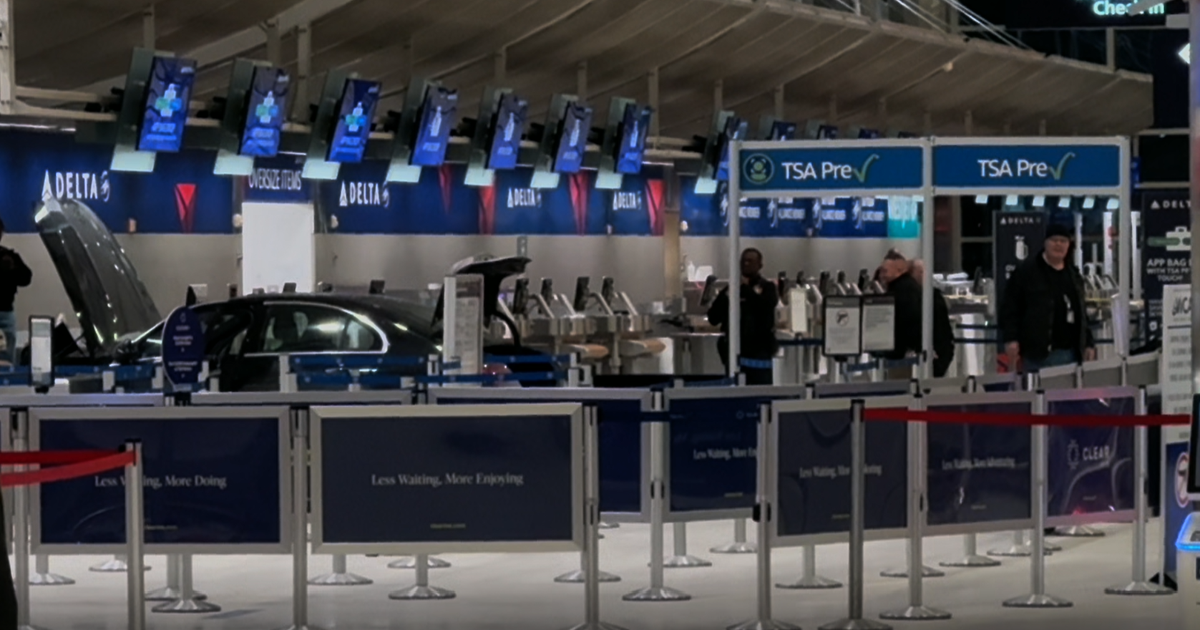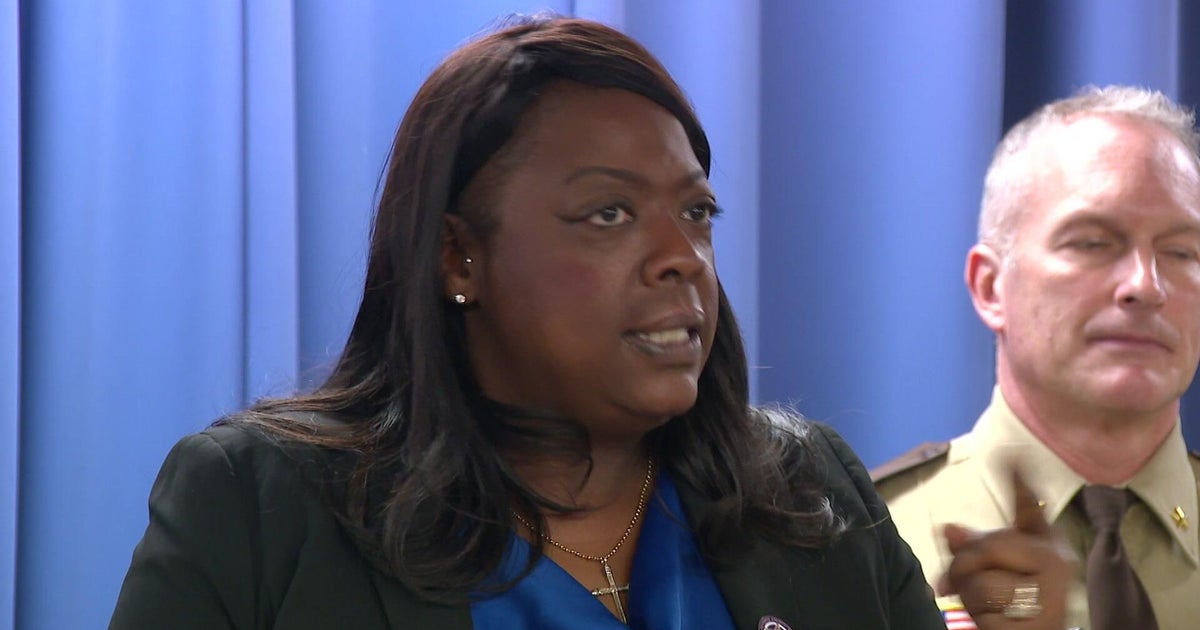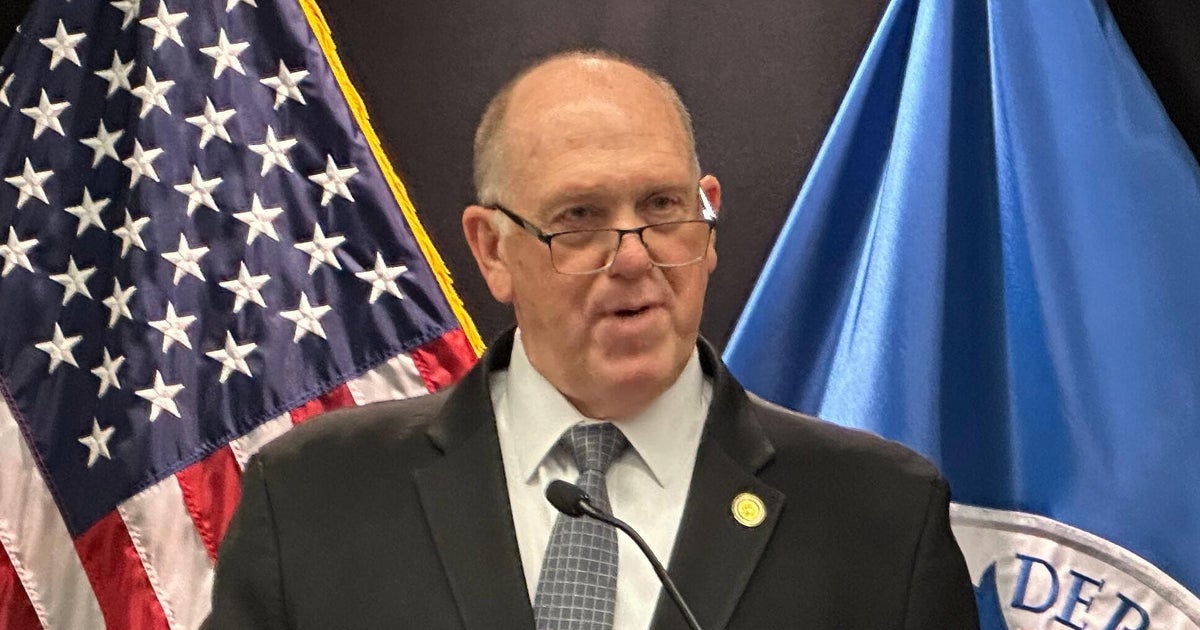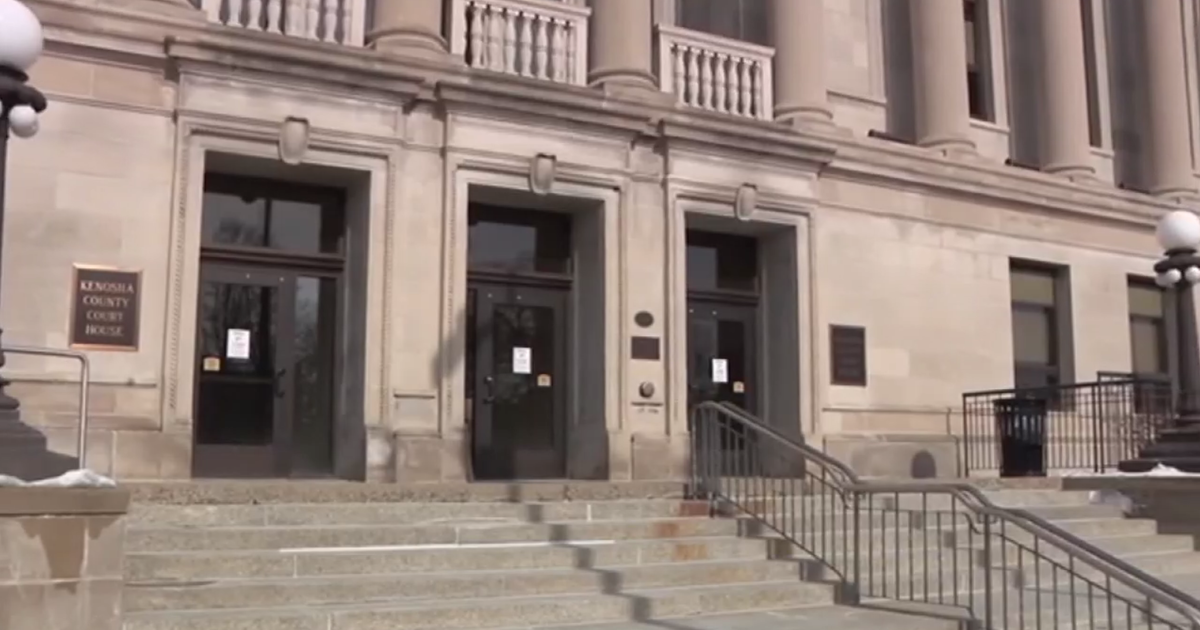What's Next For Tom Brady After Second Circuit Denies Rehearing Request
By Michael Hurley, CBS Boston
BOSTON (CBS) -- Absolutely nothing in this never-ending saga over possibly deflated footballs has come without drama, and so, when the U.S. Court of Appeals for the Second Circuit took a little bit more time than we expected to reach a decision on Tom Brady's request for an en banc rehearing, we were all left to wonder what exactly was going on down there. And ... did the added delay signify the possibility that some real discussions were taking place and that Brady really had a shot of beating the million-to-one odds against him?
Now, we know the answer is no. The Second Circuit ruled quite succinctly that Brady's request for rehearing has been denied by the Court's active members.
To anyone who has followed the case closely, this news did not come as a surprise. Legal eagles have noted that from 2000-10, roughly .03 percent of cases were granted rehearing at the Second Circuit. The Second Circuit has a longstanding tradition of denying rehearing requests, and that pattern continued with this case.
Of course, there was some reason for hope. Having Chief Judge Robert Katzmann write a strongly worded dissent was something that gave hope to Brady's chances. Likewise, the avalanche of media coverage and attention on the case may have added an extra layer of interest to the judges involved.
Yet, when it came down to it, the odds were stacked too high against Brady and the NFLPA. And now, it's time for the quarterback to weigh his options.
The Supreme Court
It seems to be an absolute certainty that Brady, the union, and high-profile lawyer Ted Olson will be appealing this decision the Supreme Court of the United States.
After all, the hiring of Olson was made with that plan in mind. Olson, famously, has argued before the Supreme Court 62 times, and according to his bio on the Gibson Dunn website, he's won over 75 percent of those cases.
When Olson was hired at the end of April, every single headline announcing the news included the words "Supreme Court." And when Olson wrote his appeal to the Second Circuit, it seemed as though he was already crafting his argument for a higher court. He wrote that the Second Circuit's decision "will harm not just NFL players, but all unionized workers," clearly taking a larger scope than just this case of an aggrieved athlete.
So, assuming that Brady and Olson follow through on the plan to go to the Supreme Court, the first step will be to request a stay of suspension from the Second Circuit. That stay will once again place a freeze of sorts on the four-game suspension to Brady, allowing him to pursue the appeals process to the fullest extent before having to pay the penalty issued to him by the NFL. The reason there is simple: If Brady serves the suspension, only for the ruling to later be overturned by a higher court, then there is no way to properly recuperate that lost time in the league. The games can't be replayed, and the league can't go back in time, so it's likely that the punishment will be stayed, pending the next ruling.
Yet if the Second Circuit denies that request for a stay, the Brady camp can file the same request to the Supreme Court.
And that's where Ruth Bader Ginsburg comes into play.
The Supreme Court justice has been making headlines lately for her harsh criticisms of presidential candidate Donald Trump, and she now may become the focal point of one of the most absurdly overblown legal battles in our country's history.
Pro Football Talk's Mike Florio noted back in May that Ginsburg is the justice assigned to considering cases from the Second Circuit, and so it will likely become the responsibility of the 83-year-old New Yorker to weigh the merits of the case.
At this point, we have to consider the ongoing Adrian Peterson case. Long forgotten to the American public at large, Peterson and the NFL fought in the Eighth Circuit in a case involving Goodell's alleged misuse of power in suspending the player for child abuse. Peterson won that initial case and was granted reinstatement. Oral arguments took place before the Eighth Circuit on Oct. 19, but the Court has yet to issue a ruling. That's despite the Court's insistence that it "strives to issue an opinion within 90 days after oral argument."
The Peterson decision, if it's ever made, matters greatly to Brady -- that is, provided Peterson wins. As gaming and sports law attorney Daniel Wallach noted on 98.5 The Sports Hub, a split decision at the federal appellate level is something that might require intervention from the Supreme Court.
"If you have two different federal appellate courts viewing the role of an arbitrator under the NFL CBA differently, you have a split among the circuit courts," Wallach said on Zolak & Bertrand. "And circuit splits are the number one reason why the U.S. Supreme Court takes a case. Ninety percent of the Supreme Court's dockets are because of circuit splits, to try to afford uniformity in federal law.
"Potentially, the Adrian Peterson decision could become Brady's biggest ally for a potential rehearing en banc, or to be reviewed by the Supreme Court. So you've got to root for a circuit split if you're a Patriots fan."
Many New England eyeballs now turn to a federal appeals court in Missouri, and quite a few Patriots fans are now pulling for Adrian Peterson.
If the case beats the odds and gets heard before the Supreme Court, the chances of victory may still be low for Brady. The death of Antonin Scalia (and the tumultuous political climate which is sure to endure for at least the remainder of the calendar year and likely much longer) left the Court with just eight justices, which has brought about a rise in split decisions. A split decision at the Supreme Court would essentially be an upholding of the Second Circuit's decision, which would be a loss. However, it would almost assuredly take place after the 2016 NFL season, thereby granting Brady the ability to play for the entire season.
Take The Suspension
It seems unlikely that after all this fighting, and after the hiring of Jeffrey Kessler and Ted Olson, that Brady would go this route. But it remains possible.
If the quarterback no longer wants to prolong the madness, and if he no longer wants to provide a "distraction" to his team (in the NFL, "distraction" is a four-letter word), he could decide to end the fight and accept the four-game suspension. In that scenario, Jimmy Garoppolo would lead the Patriots against the Cardinals, Dolphins, Texans and Bills, and Brady would be free to return to the team on Oct. 3 to start preparing for the Cleveland Browns.
Most importantly, in that scenario, the interminable "DeflateGate" drama would have a neat and tidy ending.
But again, Brady's never indicated any willingness to surrender without exhausting all of his legal options, and Olson appeared to be more focused on the Supreme Court than the Second Circuit from the get-go. The only scenario that's less likely than Brady accepting the suspension is one which sees a rational Roger Goodell and Tom Brady agree to a settlement that ends the punishment process while keeping the Second Circuit's ruling as the final word on commissioner authority. Neither of those events will happen, though they are technically possibilities.
So ... What?
It's obviously a confusing time, one that involves many more intricacies than any reasonable football fan wants to think about. So the CliffsNotes version is this: Brady's likely going to request a stay of suspension from the Second Circuit and possibly get denied. He'll then likely request a stay of suspension from the Supreme Court. If Supreme Court justice Ruth Bader Ginsburg grants the stay, then Brady will be allowed to play, likely for the entirety of the 2016 NFL season, as the case waits to be considered by the Supreme Court.
The odds are, once again, not in Brady's favor. According to the Supreme Court itself, roughly 80 out of 7,500 cases that are appealed to the Supreme Court end up being heard. That comes out to roughly a 1 percent chance for Brady ... which is actually an upgrade over his chances at the Second Circuit.
But again, if the eventual Peterson decision favors the union over the commissioner, then the chances of Brady's case getting attention at the Supreme Court get a major boost.
However it turns out in the court system, Brady's camp has always seemingly been intent on having Brady play. So the best bet is to expect the fight to continue, and to continue for quite a while. If the "DeflateGate" soap opera has taught us anything over the past 17 months, it's that nothing happens quickly.
From the start of the controversy in January 2015, to the release of the Wells report and the subsequent punishments issued, to the appeal at NFL headquarters with Goodell in charge, to the appeal in Judge Richard Berman's court and the vacating of the suspension, to the battle at the Second Circuit and the reinstatement of the suspension, the wheels of football justice have grinded ever-so-slowly and on a magnificently grand scale for an offense that has always been treated as a minor misdemeanor at worst.
"DeflateGate, Chapter 6: The Supreme Court." When you consider the absurdity that's surrounded this case from the start, that really is the only logical conclusion to this story.
You can email Michael Hurley or find him on Twitter @michaelFhurley.
